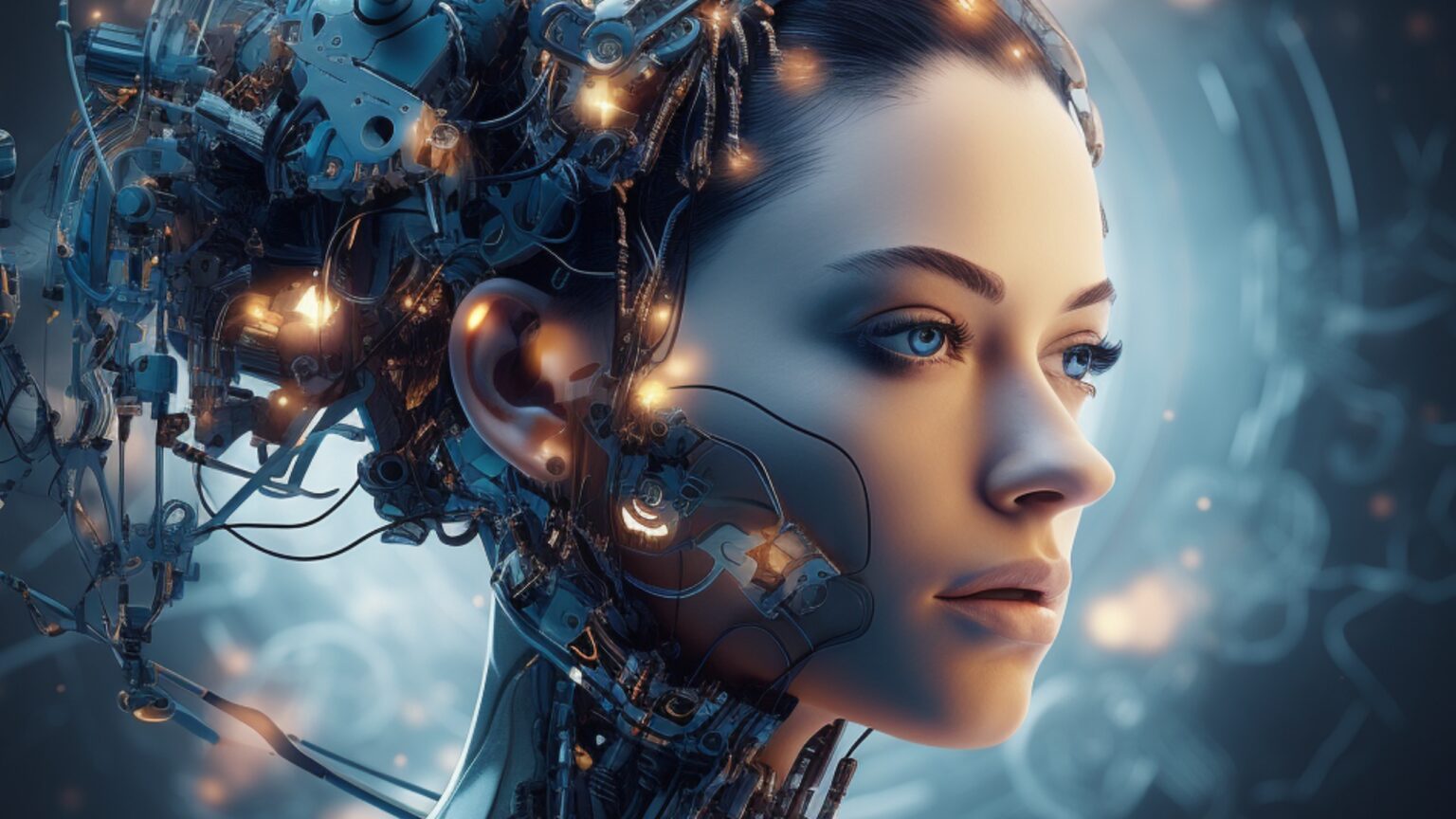A grouping of civil society organizations from over 30 countries has teamed up to pen the “Civil Society Manifesto for Ethical AI” to safeguard human rights.
The Global Civil Society grouping of 50 civil society organizations seeks to steer AI policies towards safeguarding human rights and address the inequalities exhibited in AI algorithms.
Ultimately, the Manifesto for Ethical AI is aimed at triggering global dialogue on AI development and its application.
Ethical and transparent AI
As generative AI became popular in the past year following the launch of ChatGPT last year, there has also been an over-reliance on technology in sectors such as education as well as the arts and entertainment industries.
According to the Global Civil Society, this reliance on AI and other digital technologies is exposing users to a new and “often invisible” set of vulnerabilities at a time when most countries do not have a clear policy framework.
“Focusing on ethical and transparent technology means giving equal attention to the fairness and inclusivity of its design and decision-making processes,” said Hanna Pishchyk of the youth group Digital Grassroots.
“The integrity of AI is shaped as much by its developments as by its applications,” added Pishchyk.
Mavalow Christelle Kalhoule, civil society leader in Burkina Faso and across the Sahel region and chair of the global civil society network Forus, also called for transparency and inclusivity in AI development.
“AI development isn’t the sole concern here. The real issue stems from keeping citizens in the dark, restricting civic freedoms, and the prevalence of polarization,” said Kalhoule.
“This results in unequal access, prevalent discrimination, and a lack of transparency in technological processes and beyond.”
Also read: Elon Musk’s xAI Seeks $1B in Private Sale of Unregistered Securities
Perpetuating inequalities
The civil society grouping also maintains AI “is a product of historical data representing inequalities and inequities.” This opinion is also based on a study that analyzed over 100 AI-generated images using Midjourney’s models, which showed biases and perpetuated stereotypes. The results of the study showed the images predominantly reinforced “ageism, sexism, and classism,” with a bias towards a Western perspective.
“Biases are not a coincidence. Artificial intelligence is a machine that draws conclusions from data based on statistical models; therefore, the first thing it eliminates is variation,” said Judith Membrives-Llorens, head of digital policies at Lafede.cat, Organitzacions per la Justícia Global.
“And in the social sphere, that means not giving visibility to the margins,” she said.
Big techs shaping the AI narrative
Another bone of contention is that AI developments are shaped by big tech firms, therefore serving their interests at the expense of ordinary users.
“We want artificial intelligence, but created by everyone for everyone, not only for a few,” added Judith Membrives-Llorens.
The civil society grouping also maintains data sources continue to be “toxic,” learning from large amounts of training data scrapped from the internet.
Some of the data contains harmful content, for instance, pornography, misogyny, bigotry, and violence, which has also prompted world leaders to act with haste to regulate the sector.
“The current development of AI is by no means an inevitable path. It is shaped by big tech companies because we let them. It is time for civil society to stand up for their data rights,” says Camilla Lohenoja of SASK, the workers’ rights organization of the trade unions of Finland.









 and then
and then